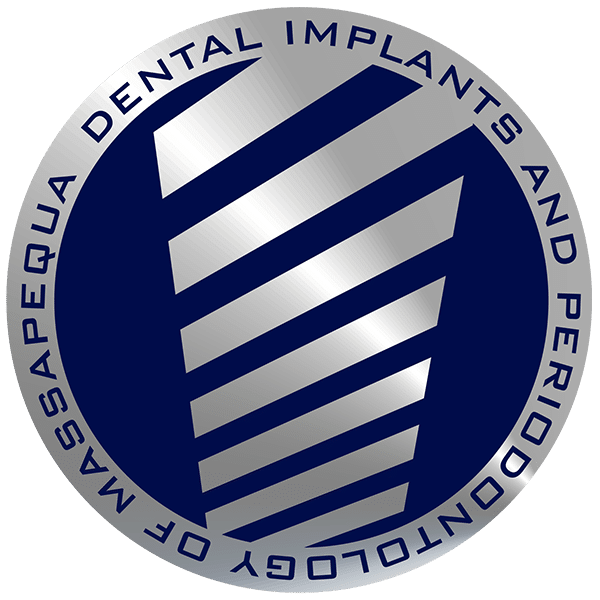Dental Implants & Periodontology of Massapequa provides non-surgical periodontics on the South Shore of Long Island and surrounding areas of New York. To learn more, call
or contact us today to schedule an appointment.
What Is Non-Surgical Periodontics?
Non-surgical periodontics refers to procedures used to treat and prevent gum disease that don’t require cutting of tissue. These minimally invasive treatments are used to clean and disinfect the teeth and gums and are effective for mild to moderate cases of gum disease.
Benefits of Non-Surgical Periodontics
- Stops the progression of gum disease. Non-surgical periodontal procedures are designed to stop gum disease from progressing and causing damage to the surrounding tissues.
- Prevents gum disease from recurring. Once gum disease is under control, non-surgical periodontal procedures, such as periodontal maintenance, help to prevent it from coming back.
- Minimally invasive. Non-surgical periodontics, as the name suggests, does not involve surgery. There is no cutting necessary, which means less discomfort and faster recovery.
- Improves your oral health. After treatment your oral health will be significantly improved, which means your gum tissue is healthier and your teeth have better support.
Why Choose Dental Implants and Periodontology of Massapequa?
Procedures Offered
Are You a Good Candidate for Implants?
If you have one or more teeth that are missing or damaged beyond saving, you may be a good candidate for dental implants. The first step is an evaluation to determine if there is sufficient bone structure and space in your jaw to place dental implants. If not, some preparation may be needed, such as bone grafting to stimulate regeneration of lost bone tissue.
